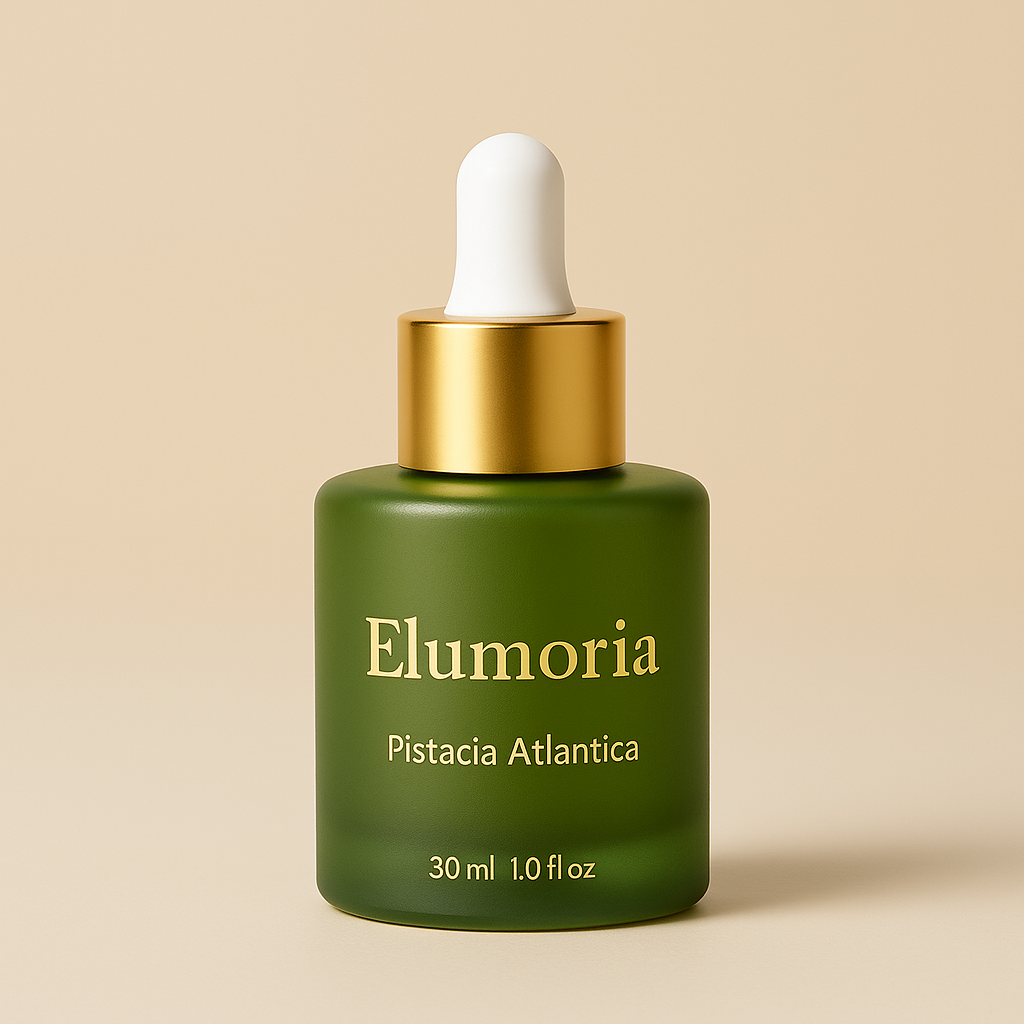Understanding How the Skin Functions with Clear Illustrations
- Mohammad Aghajanloo
- Sep 16, 2025
- 4 min read
Updated: Oct 13, 2025
The skin is not just the outer covering of our body; it is an intricate system with vital roles that impact our overall health. Knowing how our skin works can deepen our appreciation for its complexity and significance. This post delves into the layers of the skin, their functions, and how they interact with our surroundings, complete with clear illustrations to aid understanding.
The Structure of the Skin
The skin consists of three main layers: the epidermis, dermis, and subcutaneous tissue, each playing a unique role in maintaining skin health and appearance.

The epidermis is the top layer and serves as the first line of defense against harmful elements like bacteria, UV rays, and pollutants. It primarily contains keratinocytes, which create keratin, a protein crucial for waterproofing the skin. For example, individuals with a healthy epidermis have a robust barrier that reduces their risk of skin infections.
The dermis, located beneath the epidermis, is significantly thicker and filled with blood vessels, nerves, hair follicles, and sweat glands. It provides strength and flexibility through collagen and elastin fibers. The dermis is vital for temperature regulation; during a hot summer day, for instance, it can produce sweat to cool the body effectively.
The subcutaneous tissue (or hypodermis) is the deepest layer, made up primarily of fat and connective tissue. This layer acts as insulation and shock absorber, safeguarding the body against external impacts. It also anchors the skin to the muscles and bones beneath, ensuring it remains securely attached.
Functions of the Skin
The skin has several critical functions that help maintain overall health.
Protection
The skin protects against outside dangers like bacteria and harmful chemicals. This defense is bolstered by an acidic pH and antimicrobial peptides. For example, research shows that the skin can reduce infections by up to 80% due to this protective function, highlighting its role as a barrier against pathogens.
Sensation
Our skin is filled with sensory receptors that alert us to touch, temperature, pain, and pressure. This sensory feedback is crucial for safety. For example, if you touch a hot stove, your skin receptors instantly send signals to the brain, prompting a quick withdrawal to avoid burns.
Thermoregulation
Regulating body temperature is another vital function of the skin. When you get hot, sweat glands in the dermis produce sweat, which cools off your body as it evaporates. In contrast, when it’s cold, blood vessels constrict, helping to conserve heat. Studies indicate that effective thermoregulation via the skin can help maintain a stable internal temperature of around 98.6°F (37°C) despite external fluctuations.
Metabolism
The skin is crucial for vitamin D synthesis when exposed to sunlight. Vitamin D is essential for calcium absorption and promoting healthy bones. In fact, just 10 to 30 minutes of sun exposure several times a week can produce adequate amounts of vitamin D for most people.

The Role of Cold-Pressed Oils in Skin Health
Cold-pressed oils are becoming popular in skincare due to their many advantages. These oils are extracted without heat, preserving their natural nutrients. They provide hydration, nourishment, and protection to the skin.
Hydration
Cold-pressed oils, like jojoba and argan oil, are outstanding moisturizers. They lock in moisture and help prevent dryness. For example, a study found that regular use of jojoba oil can increase skin hydration by 24% in just two weeks, making it a great choice for those with dry skin.
Nourishment
Rich in essential fatty acids, vitamins, and antioxidants, cold-pressed oils nourish the skin effectively. For instance, vitamin E found in these oils can support skin healing and reduce scars and blemishes significantly. Regular application can reduce the appearance of fine lines by about 20% over several months.
Protection
These oils create a protective barrier that shields the skin from environmental stressors. This is incredibly beneficial for individuals with sensitive skin or those dealing with harsh weather conditions, helping to minimize irritation and redness.
The Importance of Skincare Rituals
Establishing a skincare ritual is essential for maintaining healthy skin. A consistent routine allows the skin to benefit from the nourishing properties of cold-pressed oils and other natural ingredients.
Cleansing
Begin your ritual with a gentle cleanser to remove impurities. This step prepares the skin to absorb the nutrients from subsequent products. A clean canvas enhances the effectiveness of cold-pressed oils, allowing them to penetrate deeply and provide maximum benefits.
Exfoliation
Exfoliating the skin regularly helps remove dead skin cells and promotes cell turnover. This process reveals a brighter complexion and allows the nourishing oils to work more effectively. Choose a gentle exfoliant to avoid irritation, especially for sensitive skin types.
Moisturizing
After cleansing and exfoliating, apply a cold-pressed oil to lock in moisture and provide nourishment. The oil will create a protective barrier, keeping the skin hydrated throughout the day. This step is crucial for maintaining a radiant complexion.
Final Thoughts on Skin Health
Understanding how the skin operates is crucial for maintaining its health and beauty. The skin's intricate structure and functions underscore its importance as a protective barrier, sensory organ, and metabolic powerhouse. Integrating beneficial products like cold-pressed oils into your skincare routine can elevate your skin's health.
By recognizing the complexities of our skin, we can make smarter choices that enhance its well-being. Whether you're striving for hydration, nourishment, or protection, knowing how your skin functions empowers you to take proactive steps for this essential organ.
In conclusion, embracing a holistic approach to skincare, which includes understanding the role of cold-pressed oils, can lead to a more radiant and healthy complexion. Let us cherish our skin and treat it with the care it deserves.




Comments